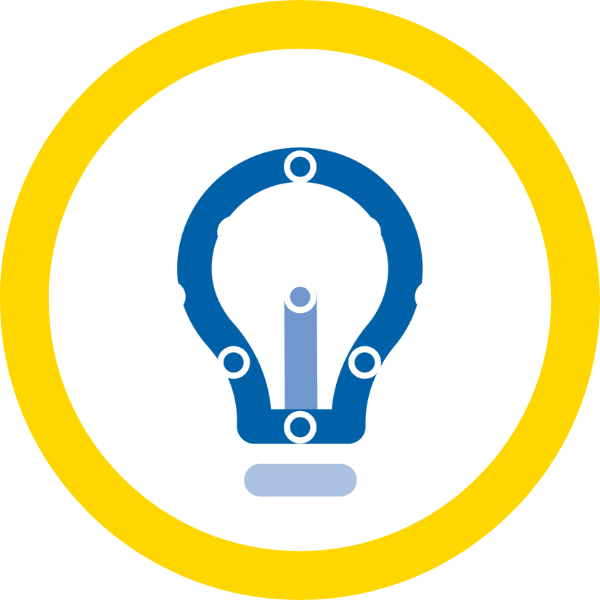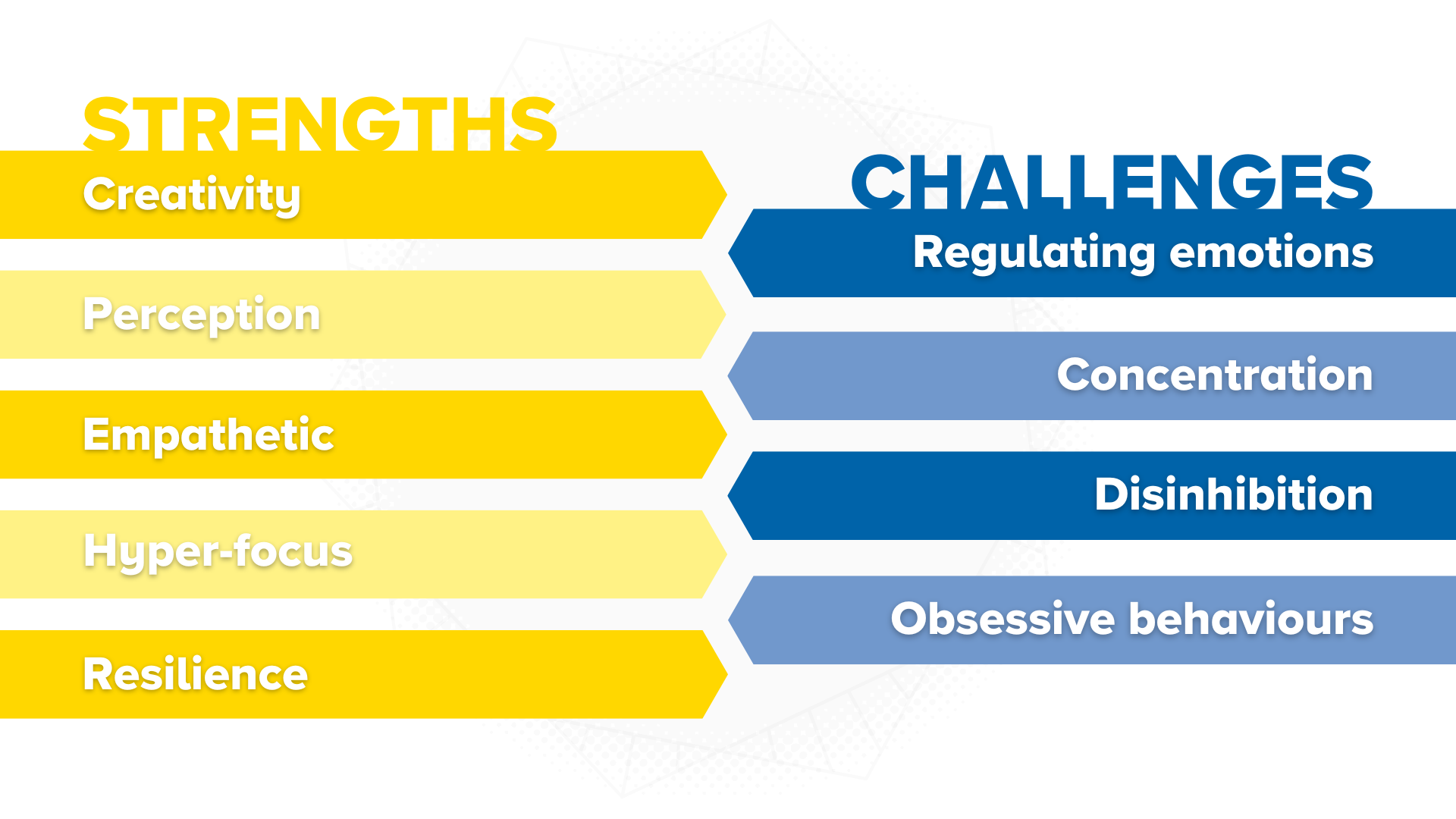Tourettte’s Sydrome (TS) is an inherited neurological condition that affects over 300,000 adults and children in the UK.
The key characteristics of Tourette’s Syndrome are tics. These are repeated involuntary sounds (vocal tics) and movements (motor tics) that occur in almost any part of the body and which can be very difficult to control.
Tourette’s exists on a spectrum with other Tic disorders. To be diagnosed with Tourette’s, a person must present multiple motor tics and one or more vocal tics for at least 12 months, not necessarily at the same time.






